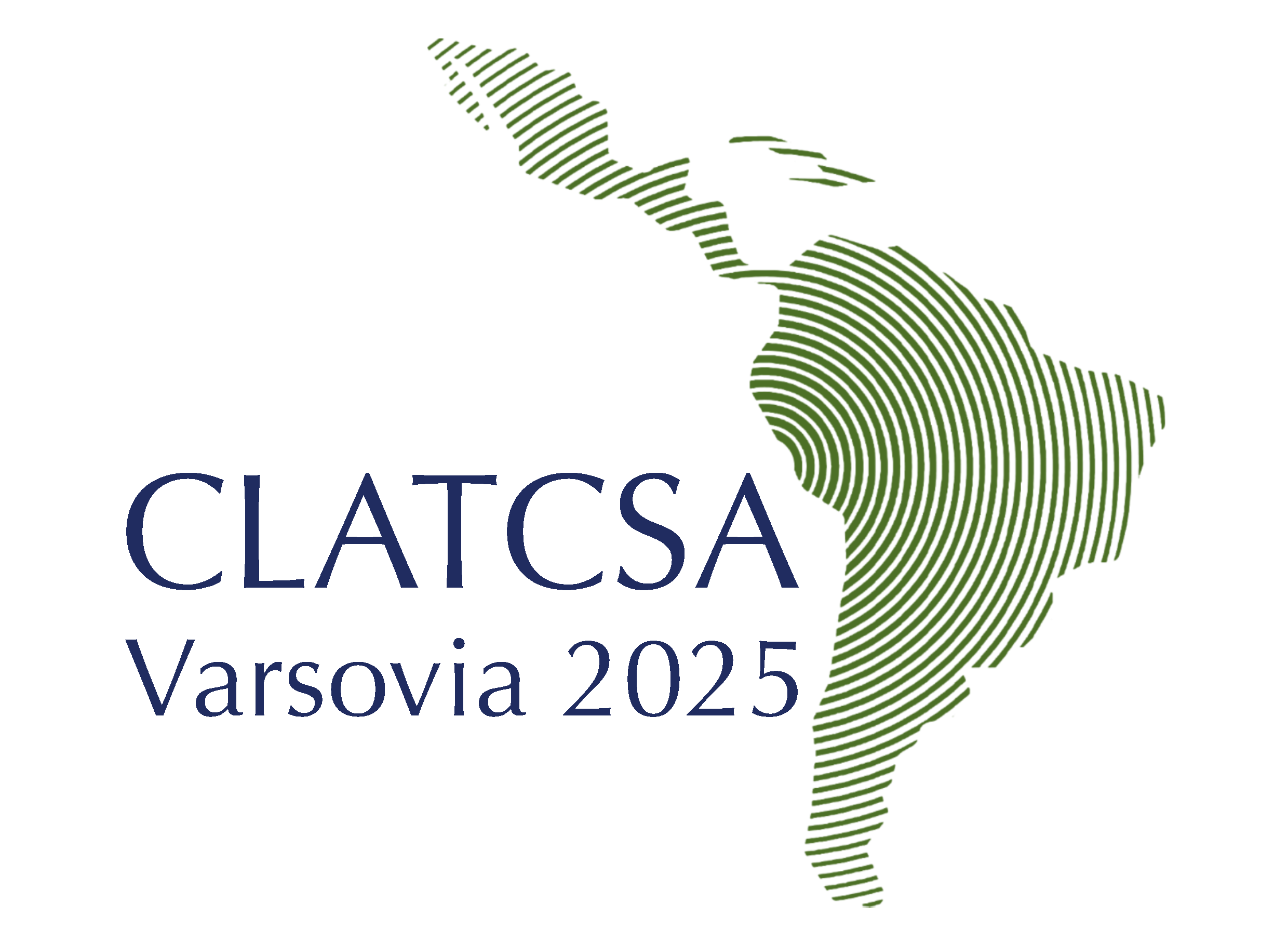Congress assumptions
Today, the social and environmental sciences face significant challenges due to the climate crisis, large-scale migrations, ongoing conflicts, and deteriorating living conditions for a substantial portion of the global population. Recognizing the social responsibility inherent in scientific practice, this congress aims to diagnose injustices and inequalities and to explore ways to address and remedy them. In this Congress we are focusing on the concepts of spatial justice and environmental justice.
We understand spatial justice according to Soja’s work (2009), which describes it as the fair distribution of space and resources, addressing spatial inequalities in access to housing, transportation, education, and employment. It also advocates for the rights of marginalized communities to shape and use spaces. In other words, spatial justice highlights the dialectical relationship between society and space; the spatial arrangement both generates and reflects injustices.
Regarding environmental justice, we follow Schlosberg (2007), who emphasizes not only the fair distribution of benefits and burdens (such as pollution) among different social groups, often delineated by race, class, and gender, but also ensuring that people can thrive in their environment. This includes access to clean air and water, safe housing, nutritious food, meaningful work opportunities, and more. Furthermore, this concept involves the inclusive participation of all stakeholders in environmental decision-making processes, ensuring that everyone has a voice in policies affecting their environment. It requires acknowledging their moral and political status and respecting people’s differences.
We believe that research about Latin American has a crucial role to play in addressing multi-crisis situations. This is particularly relevant as environmental conflicts, arising from spatial and environmental injustices, are most prevalent in Latin America (Rettberg 2020). These conflicts often involve resistance from local communities, especially marginalized groups, who may gain support from national or international networks in their opposition to specific economic activities such as dams or mines (Martinez-Alier et al. 2016).
In addition to fostering scientific exchange, the congress aims to enable scientists to fulfill their societal responsibilities, particularly towards its most vulnerable members. By combining perspectives and experiences from Europe and the Americas, the congress will enhance its positive impact on both science and society.
Martinez-Alier, J., Temper, L., Del Bene, D., & Scheidel, A. (2016). “Is there a Global Environmental Justice Movement?” Journal of Peasant Studies, 43(3), 731–755.
Rettberg, A.(2020) Violencia en América Latina hoy: manifestaciones e impactos, Revista de Estudios Sociales, 73, 2–17.
Schlosberg, D. (2007). Defining Environmental Justice: Theories, Movements, and Nature. Oxford University Press.
Soja, E. (2009), Presentation prepared for the “Spatial Justice” conference in Nanterre – Paris, March 12-14, 2008.
Who do we invite to our Congress?
We invite all those interested in the current challenges of social and environmental sciences, as well as studies on Latin America, including both experienced and emerging researchers. This scientific event also aims to strengthen Polish-Mexican and Polish-Colombian collaborations, as well as connections between researchers from Europe and the Americas who focus on Latin American research. Additionally, we seek to provide a platform for establishing new academic contacts and partnerships.
We encourage you to mark your calendars for June 16-19, 2025, and to submit your proposals for active participation in the Congress. Please feel free to share information about the Congress with anyone who may be interested.
